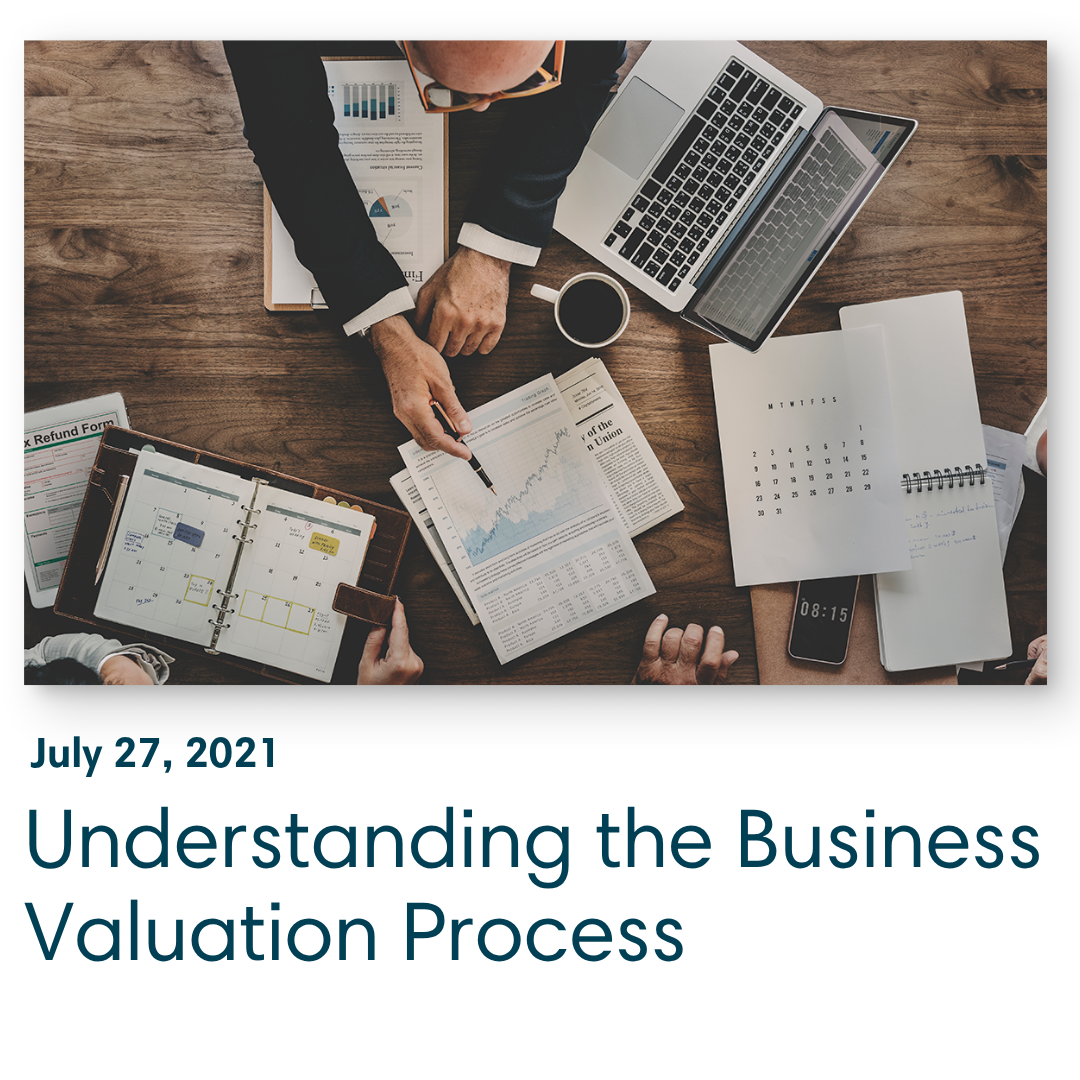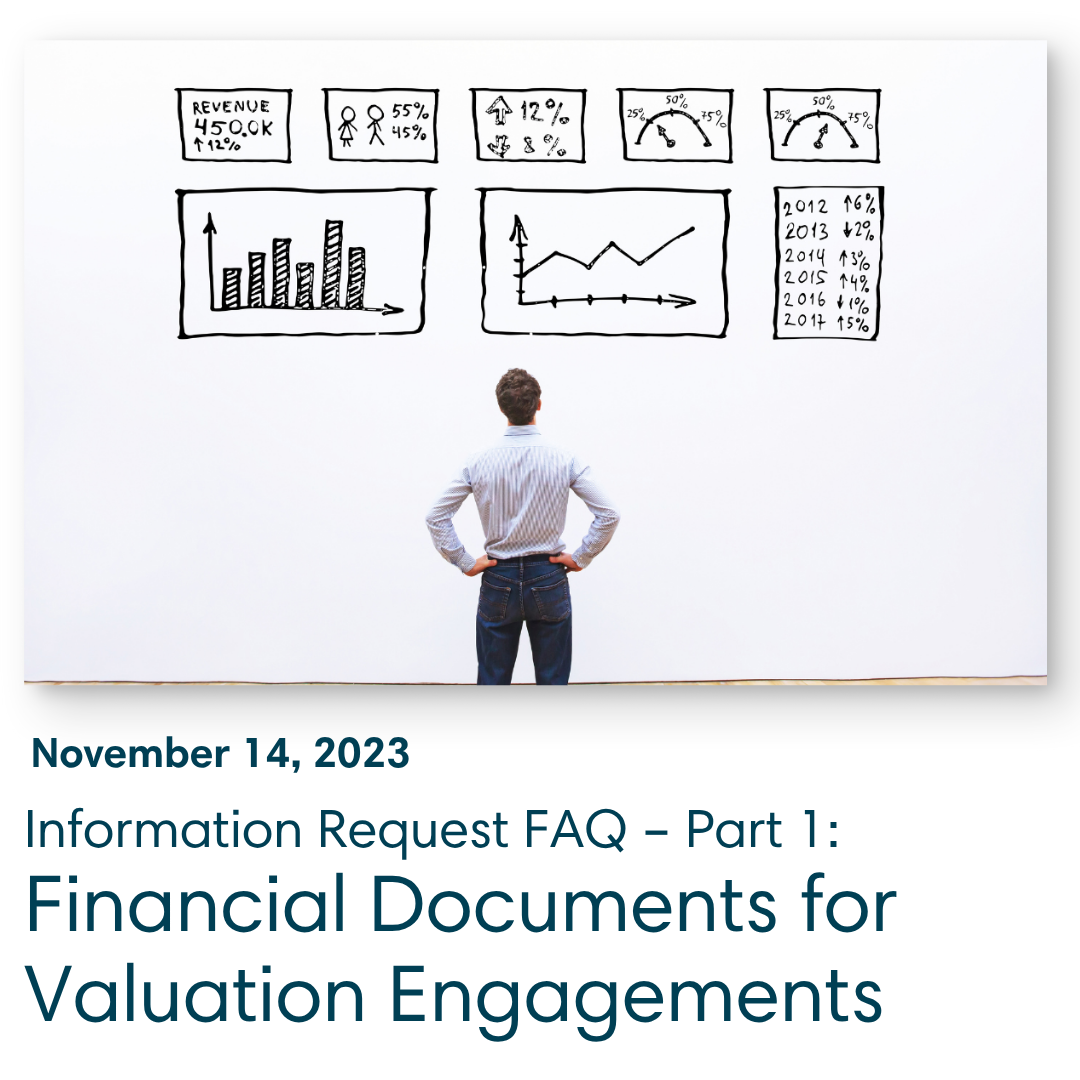How to Select a Chartered Business Valuator
How to Select a Chartered Business Valuator
In this blog, we explore how to select the right Chartered Business Valuator (CBV) for your needs and outline key questions to ask to ensure a successful engagement.
When it comes to understanding the value of a business – whether you’re buying, selling, settling a dispute, or going through a separation – finding a Chartered Business Valuator (CBV) who is a good fit for your situation is key. In this blog, we’ll examine seven areas to consider when selecting a CBV – enabling you to move forward with confidence.
Why Hire a CBV?
Before engaging a CBV, it’s important to first consider why you need their expertise – is it to prepare expert reports for Court? Prepare valuation reports for negotiations? Or maybe you need assistance with strategic business planning and decision making. Understanding the intended purpose of the report helps to ensure that you engage the right CBV for the job and receive advice tailored to your unique situation.
Below we dig into the seven key areas to consider when looking to work with a CBV.
1. Credentials and Professional Affiliations
Professional credentials and affiliations are an important factor to consider when hiring any expert. CBV’s are required to adhere to the CBV Institute’s Code of Ethics and Practice Standards, which ensures their work is objective, conducted with due care and meets professional standards. You may also wish to ask about additional financial designations that the CBV has which could assist in your assignment.
2. How much experience do they have?
Just like credentials, the amount of experience a CBV has under their belt may be important. While all CBVs complete the same extensive certification program, their practical experience can vary significantly from one professional to another. It’s important to ask questions such as how long they have been practicing and what type of reports they have prepared. It is also important to understand whether they have experience in family law, commercial litigation, tax planning, or expropriations, to determine if they would be the right CBV to assist you with your current needs. Don’t be afraid to ask the CBV for a copy of their CV (Curriculum Vitae).
3. What type of report do you need?
It’s vital to specify the type of report you need, whether it’s a business valuation, an income for support report, a contingent tax report or an expert report for litigation purposes. If you need a business valuation report, be sure to discuss with the CBV the three levels of valuation reports available under CBV practice standards: calculation, estimate, and comprehensive reports. The appropriate level of report will depend on your unique situation, as each is suited for a different purpose and provides varying degrees of detail and corroboration.
4. What is the process?
A follow-up question, once you’ve determined the type of report you need, is to ask for a step-by-step process of the engagement. This typically includes a walkthrough of the information gathering, communication protocols, and the expected timelines to report completion. Having a clear understanding of the process and its elements will provide you with a better understanding of how the entire process will unfold.
5. What is the expected timeline?
Clarifying the expected timeline is crucial to ensure the CBV can meet your specific deadlines, especially in time-sensitive situations such as business transactions, disputes, or court deadlines. Upfront and clear communication on key dates or deadlines can assist the CBV in determining if they have the internal scheduling and staff capacity to meet the deadline.
6. What are the expected fee and retainer requirements?
CBV’s typically charge either a flat fee or an hourly rate, which will depend on the scope and complexity of the work involved. It is also common for a CBV to request a retainer prior to commencing their work. All fees, hourly rates, and retainer terms should be clearly outlined in the engagement letter and discussed during the initial stages of the engagement.
7. Does the CBV have experience testifying in court or working with legal counsel?
If the valuation is for litigation, the CBV may need to testify in Court and work closely with your legal team. Prior courtroom or legal experience could be important, as it shows the CBV has experience communicating complex concepts clearly to judges or arbitrators. Don’t be afraid to ask the CBV how many times they have attended mediation, arbitration and/or trial.
If you are interested in undertaking a valuation assignment or require an expert report, give the professionals at Davis Martindale a call, we are happy to answer all the questions listed above and educate you on the process.
Co-Authors

Louise Poole
CPA, CA, CBV, CFF
Partner
Valuation & Litigation

Taylor Cornwall
MBA
Associate
Valuation
Work With Us
Our Valuation Advisors are ready to have
a personalized discussion with you.


